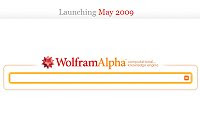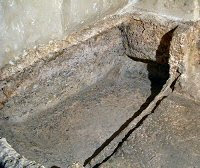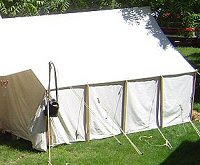As we met and chatted over coffee, foremost in our thoughts were our children and the urgent need for employment in one family in particular.

Glenn told us about meeting people during a church outreach on the streets of Rugby, offering to pray for needs and talking about the hope we have in Jesus. There were some difficulties with the town centre security staff who tried to stop the street work going ahead.
Barbara shared her concerns for elderly folk with various degrees of loss of sight who have been suffering frightening hallucinations. We talked about this for some time as well as praying both for the old folk and for Barbara herself in reassuring and encouraging them.
Then our thoughts turned to the attitudes that sometimes exist in church organisations. It's incumbent on all of us to deal very humbly with one another, to accept and not reject, to comfort and not to frustrate, to encourage and not to criticise. Chris mentioned how he'd listened to online audio of Wolfgang Simson saying very clearly that the church does not belong to us, it belongs to Christ. We can do things our way if we want to, but we cannot expect the Lord to bless it. To see success we must follow the King.
Sherrelea read from
2 Cor 10 and reminded us that we all belong to Christ whoever we are and whatever our gifts and abilities may be. How badly we need to get our priorities the right way round! It's not enough to be pleased with ourselves, the only thing that counts is whether Jesus is pleased with us!
Chris shared a picture of still water in the form of a very murky pond. The water was very dirty, stagnant and filthy. But because it was still it provided a faithful reflection of the sky above, blue with puffy, white clouds and the sun shining brightly. And the Lord said that when we look at the pond we can see the murky filth or we can see the beautiful sky. It is simply up to us to focus on whichever we choose.
Jody prophesied, 'You are like the aroma of fresh bread in the morning or the fresh greenery in the garden. Look and listen! You can hear the birds singing, children's laughter. Know that I am in these precious moments
with you, remember that I am the Lord. Remember the scents, smells, and sounds and know that I've placed these things in your hearts as memories. Memories to remind you that I am with you.'
She continued by reminding us how Moses mother had given up everything (her son) by placing him in the water amongst the reeds (Exodus 2:1-10). She had to take the risk in order to have any hope of his survival. And the Lord said, 'You have felt like that mother too, and just as I delivered the child into a place of safety and wealth, so I will also take those things you give up that were precious to you, and I will put
them into a place of safety also. The things that are most precious to you are precious to me too. But you are the one who has to let go.'
Sherrelea also prophesied, 'I will give you rest and help. Trust me, come to me, rest with me, trust me. My burden is light, my yoke is easy.' Then she described a picture the Spirit showed her of a person lying in the road, unable to get up. And she knew that, like the man in the story of the Good Samaritan, Jesus will always pick us up in our helplessness. He says, 'I will carry you.' He will not leave you lying in the road.
Glenn pictured Jesus speaking to Nicodemus (
John 3:1-21). We've often heard the words Jesus spoke to him, '...[so] that whoever believes in him shall not perish but have eternal life. For God did not send his Son into the world to condemn the world, but to save the world through him.'
On the one hand we are reaching up to the Lord, but with the other hand we are to reach out to the others around us. Jesus has accepted us, we have received his non-condemnation (forgiveness).
He said to us, 'Let go of the anchor that holds you down. Let go! You will no longer feel the weight and dragging of that anchor. You are
not condemned, you are accepted. So reach out with
both hands, not just with one.'
 and beyond this a large stretch of the Paxton Pits Nature Reserve; what a beautiful, peaceful place.
and beyond this a large stretch of the Paxton Pits Nature Reserve; what a beautiful, peaceful place.













